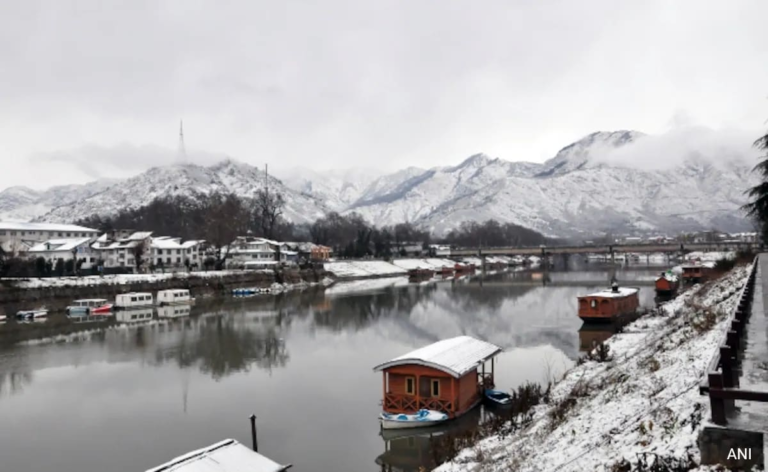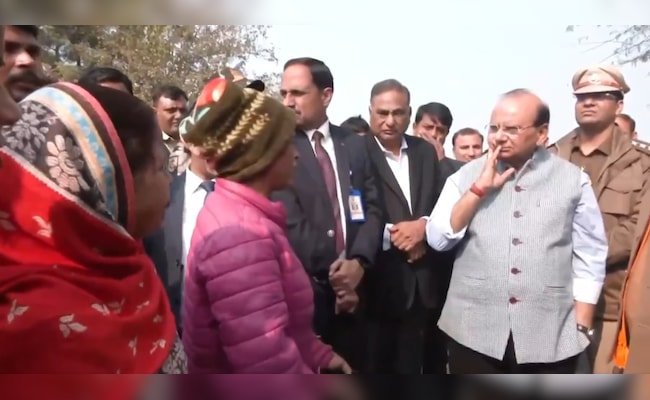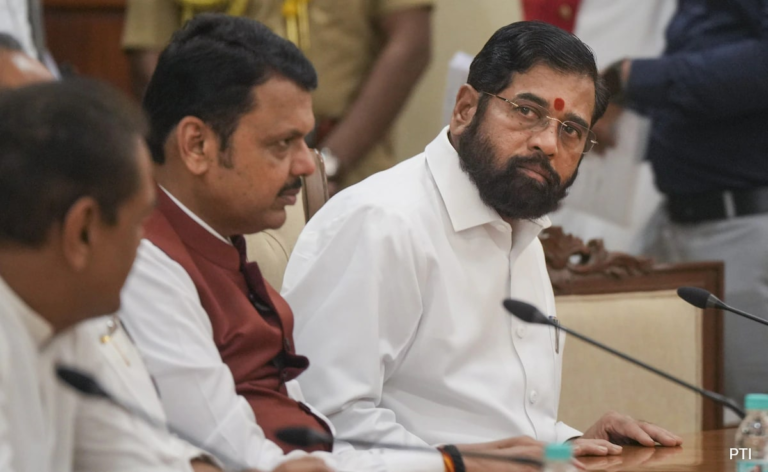
On the face of it, the Mahagathbandhan has clinched a seat deal in Bihar. But beneath the surface of agreement, there is disappointment, anger and suspicion, especially among the local Congress leadership, which believes the party has been shortchanged. The Congress’s claims about its ground strength are debatable. However, it is clear the RJD has taken care to ensure its largesse to India’s Grand Old Party (GOP) does not become a threat to its own influence at any point in the future. For instance, the RJD’s refusal to accommodate Pappu Yadav, who merged his outfit recently with the Congress, is a sign it is uncomfortable with a popular Yadav face rising in the leadership of even an ally.

Not just in Bihar, across the country the Congress has been forced to bow before its INDIA allies. In Maharashtra, the Shiv Sena-UBT and the Nationalist Congress Party have refused any leeway to the Congress. The Samajwadi Party drove a hard bargain in Uttar Pradesh and ensured its interests prevailed when constituencies were distributed. Even the DMK, a magnanimous ally, made it clear that it helmed the ship in Tamil Nadu and hence, held the veto in seat talks. The Congress central leadership has grudgingly accepted playing second fiddle to its allies even at the cost of angering state leaders because any more squabbles within the INDIA bloc, which is yet to discuss a common minimum programme or joint campaigns, will be poor optics. Also, the Congress recognises that in the short term, it needs a leg-up from regional players to clock a decent tally of seats in Parliament.
The regional parties recognise that a national party is a useful ally in the general elections. But they are also careful not to let the national party revive and turn into the behemoth it once was. This is the big contradiction the INDIA bloc needs to resolve as it struggles to offer itself as a viable alternative to the BJP.







